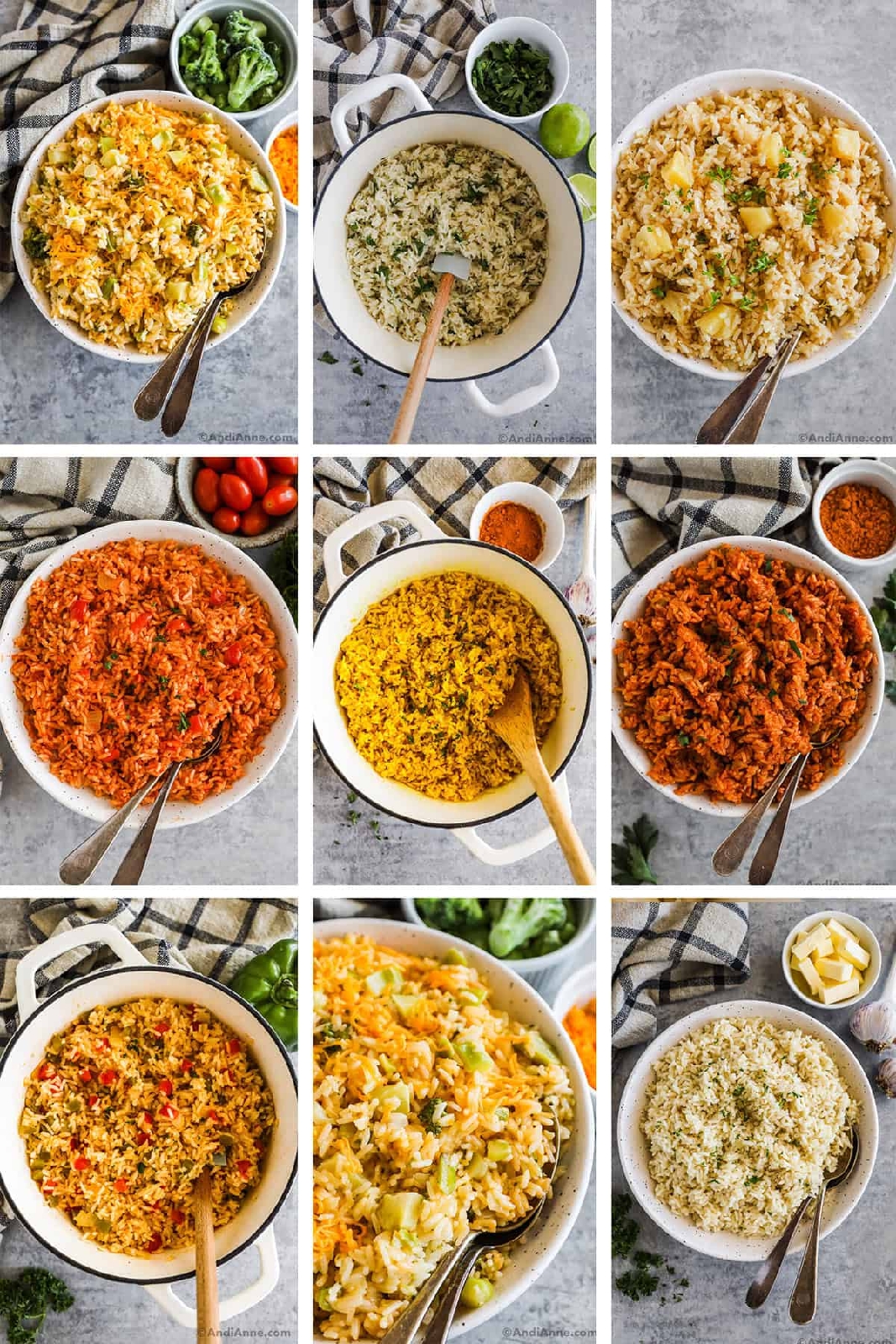RICE, THE HEART OF THE NIGERIAN TABLE.
By Adeyemi Victoria Nifemi
In the warm and lively streets of Nigeria, from the bustling city of Lagos to the calm villages of Enugu, there is one food that unites all, regardless of tribe, religion, or status, without discrimination or rules binding it: rice.
Whether it's served with spicy stew, fried with vegetables, or cooked in palm oil as jollof rice, rice is more than just food; it is a symbol of celebration, comfort, and unity. From childhood to adulthood, Nigerians grow up with rice at the center of family meals. On Sundays after church, the sweet aroma of fried rice or jollof rice fills the air in many homes. During festive seasons like Christmas, Eid, or weddings, no celebration is complete without steaming pots of well-garnished rice. Even at naming ceremonies and birthday parties, rice remains the champion of the table.
But what makes rice so special to Nigerians? First, it is easily available and can be cooked in various delicious ways. Unlike some other meals that require rare ingredients, rice is versatile and can be prepared with tomatoes, onions, vegetables, chicken, fish, or even beans. A simple meal of white rice with stew is enough to put a smile on a hungry face. It is also affordable for both the rich and the poor, making it a food for all.
Secondly, rice is very nutritious. It provides the body with energy because it is rich in carbohydrates. It contains some essential vitamins like vitamin B, iron, and magnesium, which are important for growth, strong bones, and good health. For children, rice helps build strength and keeps them active during school and play. For adults, especially those who work hard, rice gives the energy needed to carry on through the day. Even the elderly enjoy rice because it is soft, easy to digest, and can be eaten with vegetables for better health.
Rice is not just a meal; it brings joy. Think of the excitement when a pot of jollof rice is opened, revealing its bright red color and the smell of spices. Think of children dancing around the table, eager to be served. Think of families laughing, sharing stories over a plate of rice. It brings people together, strengthens bonds, and creates memories.
In many local communities, rice farming also creates jobs. Farmers grow rice, traders sell it in markets, and cooks prepare it in restaurants and homes. In this way, rice helps the economy and supports families across the country.
As Nigeria continues to grow and develop, rice remains a constant source of happiness and nourishment. It is not just part of the menu; it is part of our culture and identity. So, the next time you take a spoonful of jollof rice or fried rice, remember you are not just eating food. You are tasting a story of tradition, togetherness, and joy; the story of rice, Nigeria's beloved treasure.



Comments
Post a Comment